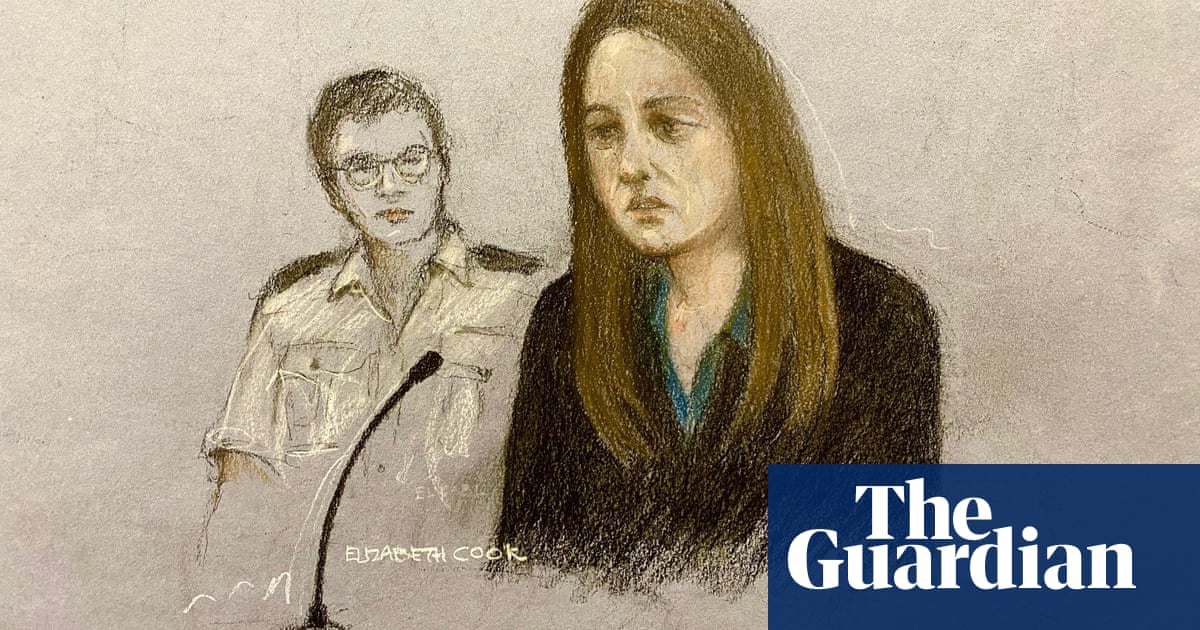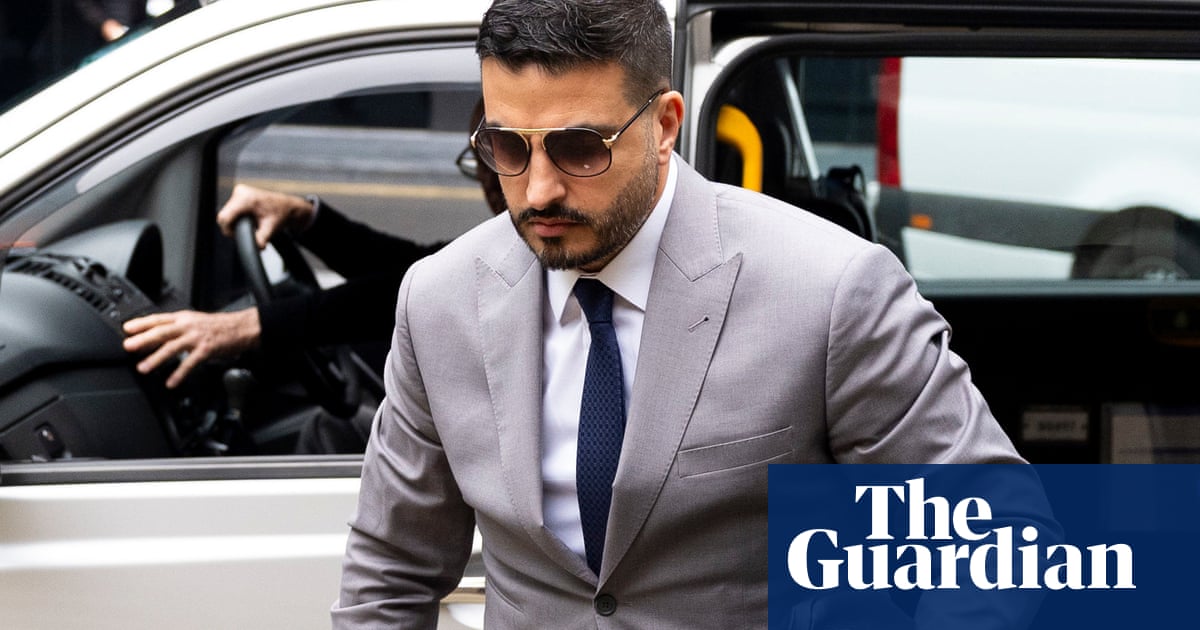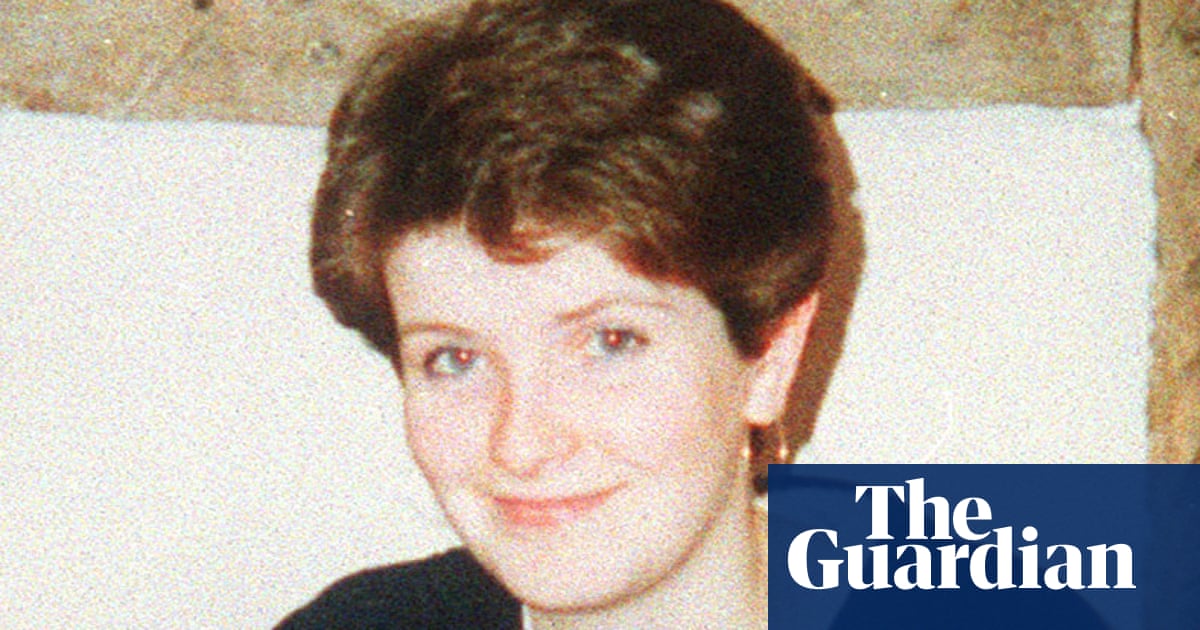
A police explosives expert has told a court that the suicide vest worn by the main suspect on trial for the 2015 Paris terror attacks that left 130 people dead and hundreds injured was faulty.
The witness said the detonators on the front and back of the vest abandoned by Salah Abdeslam near a rubbish bin were “defective” and there was no switch or battery present.
“I suppose it could have been set off with a match or a lighter. And if the TATP [explosive] was dry enough it could have gone off unexpectedly by itself,” he said.
The testimony threw doubt on Abdeslam’s claims that he willingly backed out of taking part in the attacks at the last minute.
The police expert admitted it was impossible to know if Abdeslam had tried to detonate the vest. “We can’t know that: it’s instant; either it works or it doesn’t work,” he said.
When Abdeslam called friends in Belgium to ask them to come and collect him on the night of the attacks, he told them the vest had not worked. On Wednesday, he claimed this was a lie.
“I chose not to set off my suicide vest. Not out of cowardice or fear, but I didn’t want to do it. I wore it but I didn’t set it off. That’s all. I was ashamed that I hadn’t gone through with it when I knew what the others had done. I was 25 and I was afraid of what others would think. It was the fact I was ashamed. Simply that,” he told the court.
Asked about the expert’s conclusions, he said he had removed the push-button detonator and the battery before leaving it “in a place where there was little chance it would be found and touched by anyone”.
He insisted he had not tried to set off the explosive, but refused to say more.
Victims’ families packed the specially built high-security court at Paris’s Palais de Justice on Wednesday to hear Abdeslam explain what had happened on the night of 13 November 2015 as he had earlier promised. Instead, he said he was invoking his right to silence.
Prosecutor Nicolas Le Bris accused Abdeslam of “playing the star”.
“Salah Abdeslam promised to give us explanations and he is not doing so,” Le Bris said.
Le Bris reminded Abdeslam that in a will left on his computer and in a letter to his mother, he had written that he was a “combatant for Allah”. He said the suspect had admitted wanting to travel to Syria to fight but had been told to remain in Europe to “work” there.
“This word ‘work’ we know is not innocent when we consider what you do. It means to commit attacks,” Le Bris said. “Long before the attacks, you were fully aware of what would happen later. What you have said is lies. You did what you did willingly and in the full knowledge of what was to happen.”
He said a witness who had met the Paris commando unit on the eve of the attacks told investigators he had found them calm.
“How could you and friends be so calm when you knew the next day you would go and destroy all those lives, innocent lives when you were going to carry out that massacre?” Le Bris asked.
There was no answer or reaction from the accused.
Earlier, Abdeslam, 32, dressed in a black polo shirt and black trousers, had been questioned by the lead judge, Jean-Louis Périès, but replied: “I insist. I don’t want to say anything today. It’s my right … I don’t have to justify myself.”
Périès detailed a series of unanswered questions, asking Abdeslam if he would respond after each one: had the accused seen Abdelhamid Abaaoud, considered the mastermind of the attacks, when he travelled secretly to Paris? Why had he been in tears when he met his girlfriend, Yasmina, shortly before the attacks? What had been discussed and decided when the jihadi commandos met for 10 hours in Charleroi in Belgium on 12 November?
“We can draw the serious conclusion that this is when the targets were decided, the roles handed out,” Périès said. “Who was to go where, the Stade de France, the Bataclan, the terraces … what were you supposed to do, where were you supposed to go? We understand your brother Brahim had decided you would take part and that is why you were given an explosive vest and a Kalashnikov?” Périès asked.
Abdeslam refused to answer.
Périès continued: “There are two theories: one that you backed out as you have previously suggested and the other that your material [suicide vest] was defective,” the judge said. “Why did you cross Paris from north to south with your suicide vest? Did you plan to explode it in the Métro or elsewhere like your brother did?” Abdeslam did not answer.
The judge said Abdeslam had been in the 18th arrondissement of Paris and that later Islamic State (IS) had said there had been an attack in the 18th arrondissement when there was not. “What exactly were you supposed to do on 13 November?” he asked, to no answer.
“So many questions without a response,” the judge added.
Last month, Abdeslam, took the stand to be cross-examined for the first time, telling the court that he had never killed or wounded anyone and was not a danger to the public. He indicated he would explain what happened “at a later date”.
He admitted supporting IS but insisted he had willingly dumped his explosive vest later found by a street cleaner among a pile of rubbish near a bin in Montrouge, south of Paris close to Abdeslam’s location on the night of 13 November. After the attacks, Abdeslam’s mobile phone was geolocated in Paris’s northern 18th arrondissement and later in Châtillon, a suburb near Montrouge.
Abdeslam is suspected of being the only surviving member of a group of jihadists who carried out the coordinated series of bombings and shootings across the French capital.
Le Bris said he was convinced Abdeslam was determined to carry out an attack and that if he had really backed out he would have remained in the north of Paris and returned to Belgium instead of crossing the city with his suicide belt.
IS claimed responsibility for the attacks, which began at about 9pm with the detonation of a suicide bomb at the Stade de France stadium and continued with a number of drive-by shootings and bombings at busy cafes and restaurants in the capital, and a massacre at the Bataclan concert hall.
The marathon legal process is the biggest ever criminal trial in France. Fourteen suspects are in the dock and another six people are being tried in their absence, five of them presumed dead in Iraq or Syria; the last is in prison in Turkey.
Lawyers for the victims and families made repeated attempts on Wednesday to persuade Abdeslam to break his silence. One told him: “All those people are dead, all those people were injured because you took part in those attacks – and still today you spit in their faces by refusing to explain why they died or were injured.”
Abdeslam remained impassive, breaking his silence briefly to say: “To express myself or keep silent makes no difference … I know I will be judged severely not because I deserve it but because it will satisfy those here.”
The trial continues.












